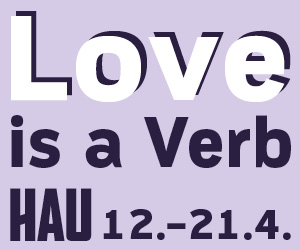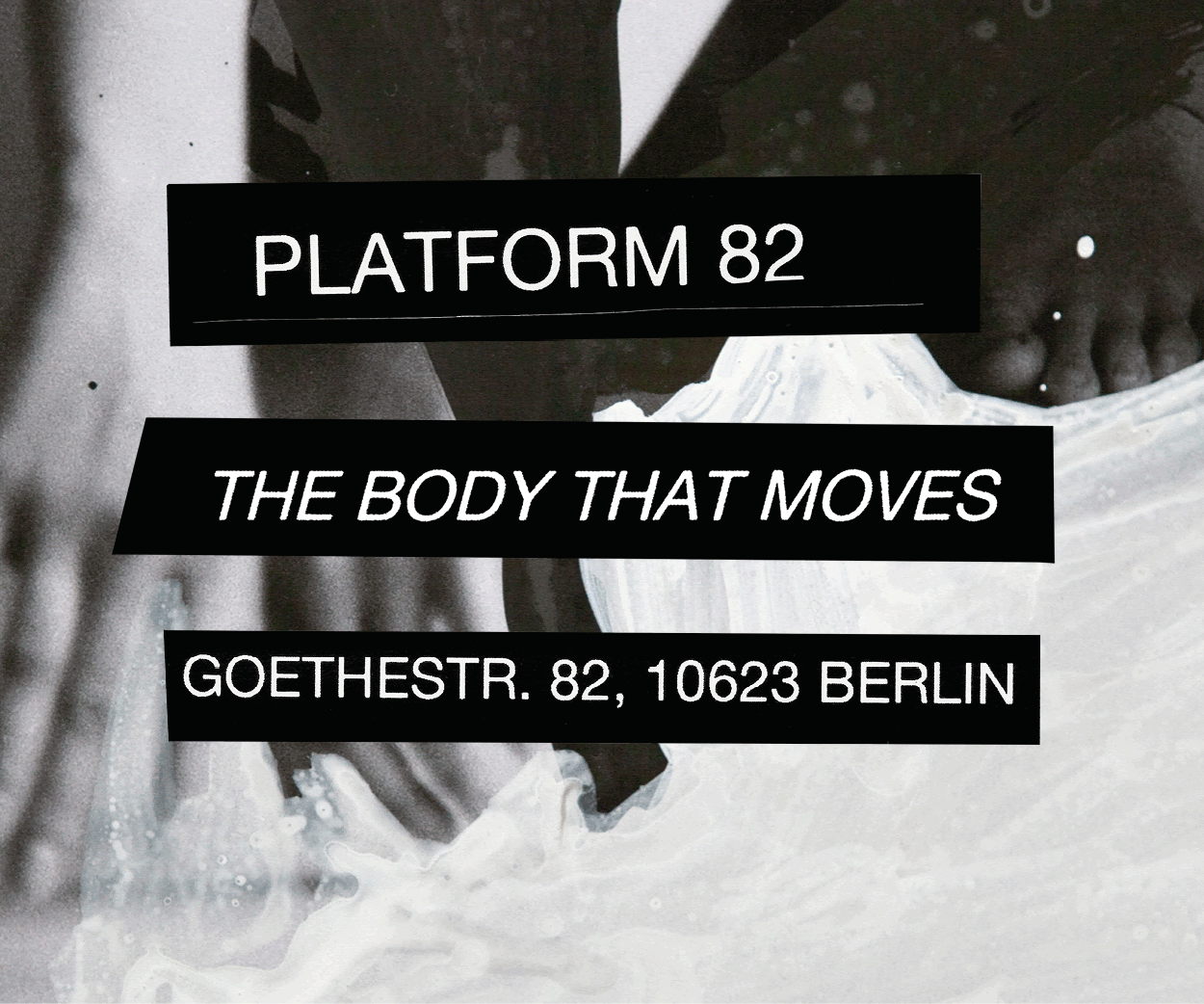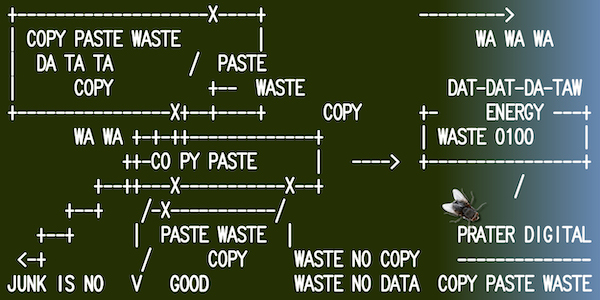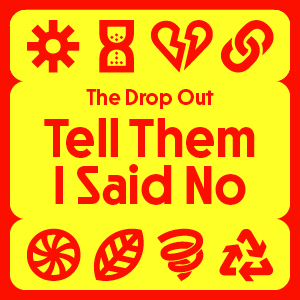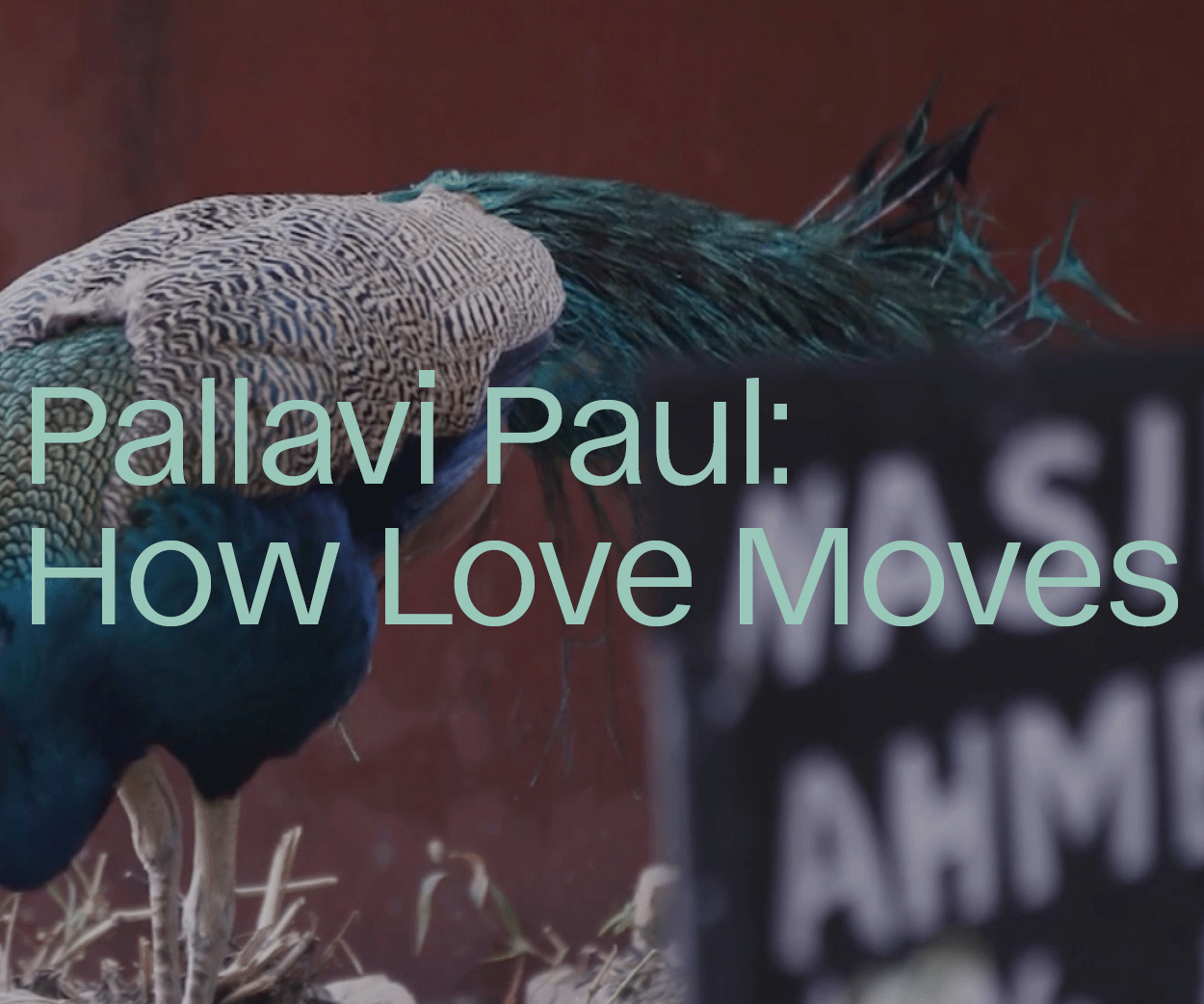by Dagmara Genda // July 8, 2022
In November 2021, SLATE reported that a record 4.4 million Americans quit their jobs, a number accounting for 3% of the national workforce. A quick look at the U.S. Bureau of Labor Statistics shows that the rate of quitting has not changed since then. In Germany, an increasing worker deficit has become acute at airports all over the country and is also endemic in the service industries. Most likely spurred on by the disruption of the Corona pandemic, people no longer believe they need to sacrifice their time and well-being for the decreasing reward they receive. More and more often, people are resisting the pressure of productivity and choosing to take it slow.
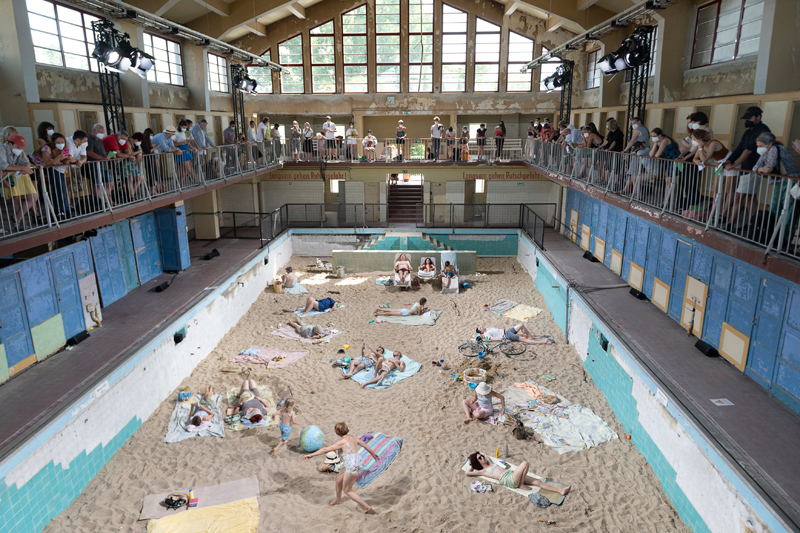
Rugile Barzdziukaite, Vaiva Grainyte, Lina Lapelyte: ‘Sun & Sea,’ 2021, at Bauhaus Stadtbad Luckenwalde, part of POWER NIGHTS curated by Lucia Pietroiusti // Courtesy E-WERK Luckenwalde and the artists, Photo by Stefan Korte
At first it seemed like slowing down was something of a self-indulgent trend promoted by the new wave of hobby sourdough experts cosying up in their kitchens during the Corona pandemic. But, ironically enough, the trend of stopping, a seemingly unassuming and silent act, is not showing any signs of slowing down. In some instances, it is taking on revolutionary proportions, as my spotlight on Berlin Biennale artist Elske Rosenfeld’s practice illustrates. Slowing down is not only a way to resist unjust labour practices coupled with a diminishing standard of living, but also a means of rethinking our priorities. For Rosenfeld this means questioning ideas of progress, but it can also mean challenging work as a moral good, such as Devon Price does in his 2018 book ‘Laziness Does Not Exist.” And yes, this trend also includes the home bread bakers, many of whom have realised that time cannot be compromised in the making of nutritious and easily digestible food. Techniques to increase and speed up production often come at a cost to our health, as the well-documented increase in gut diseases in wealthy nations shows. Cheating time, it seems, carries a heavy toll.
As the summer heats up and the art world winds down, we will also focus on what it means to slow down or do nothing. This month I will be talking to Victoria Stanton, a Montréal performance artist, researcher, Ph.D. student and educator, who in May 2016, decided to do nothing as an art practice. Since 2020 she has made it into her doctoral thesis at the faculty of Art Education in Concordia University, Canada. We will discuss why it is important to slow down in the arts and what this could mean for the art world.
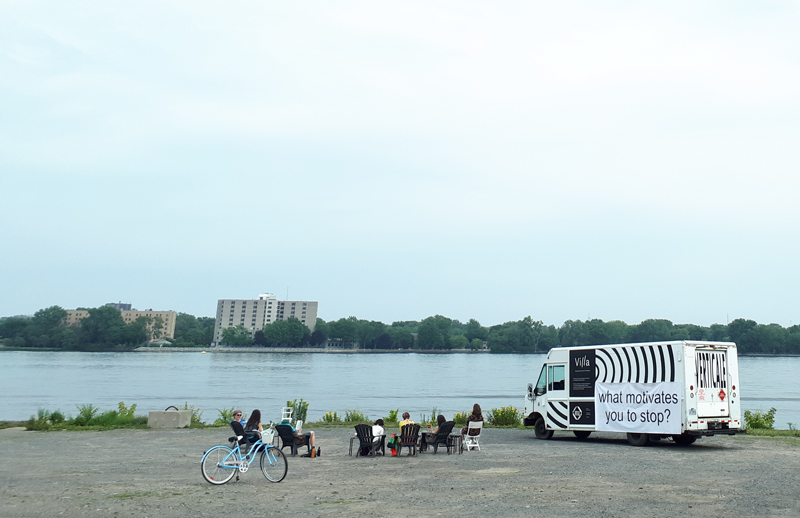
Victoria Stanton: ‘res(is)ting // repos comme résistance,’ Verticale – centre d’artistes, Laval, QC, 2021 // Photo by Jean-Philippe Luckhurst-Cartier
Contributing writer Aoife Donnellan will be talking to the curatorial team behind E-WERK Luckenwalde about the concept of sustainable deceleration in the arts and what “slow curating” means to them. Taking the Corona pandemic as an opportunity to question the usual pace of production and programming, Artistic Director Helen Turner wondered if a slower approach could foster sustainability and more accountability.
Another planned feature is William Kherbek’s interview with Tacita Dean about her use of film. Known for her contemplative practice, Dean’s 16 and 35mm analogue films seem to exude a thick silence and a decelerated sense of time. The now obsolete medium is also a product of a slower, far more haptic process, than the quickly produced digital videos to which most of us are now accustomed.
Slowness, it seems, is not just a way of catching one’s breath, but a practice, even a strategy, that could bear, perhaps not more, but better fruit, than our customary race toward a vaguely defined finish line. Over the next two months, we invite our readers to slow down with us, and consider in which direction we would like to be heading, or, to simply enjoy a moment of standing still.


